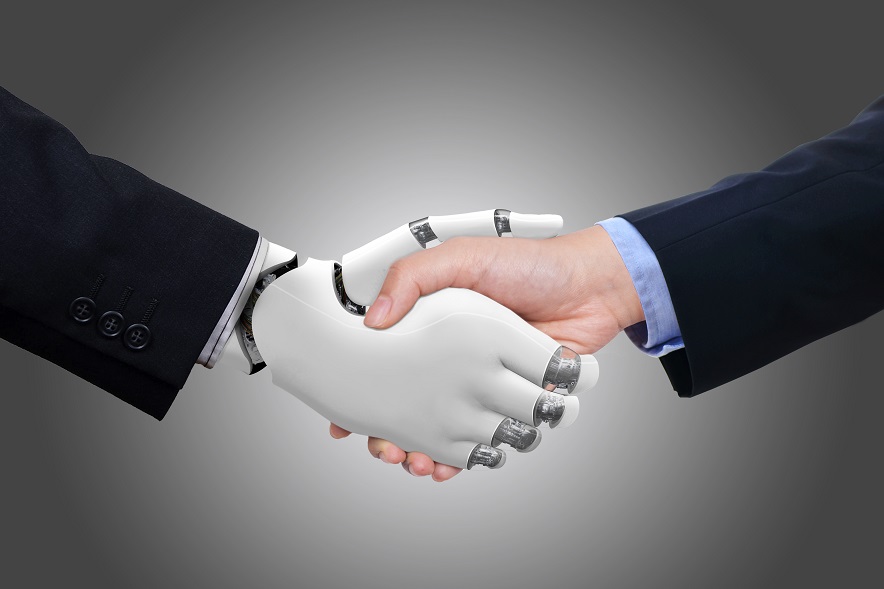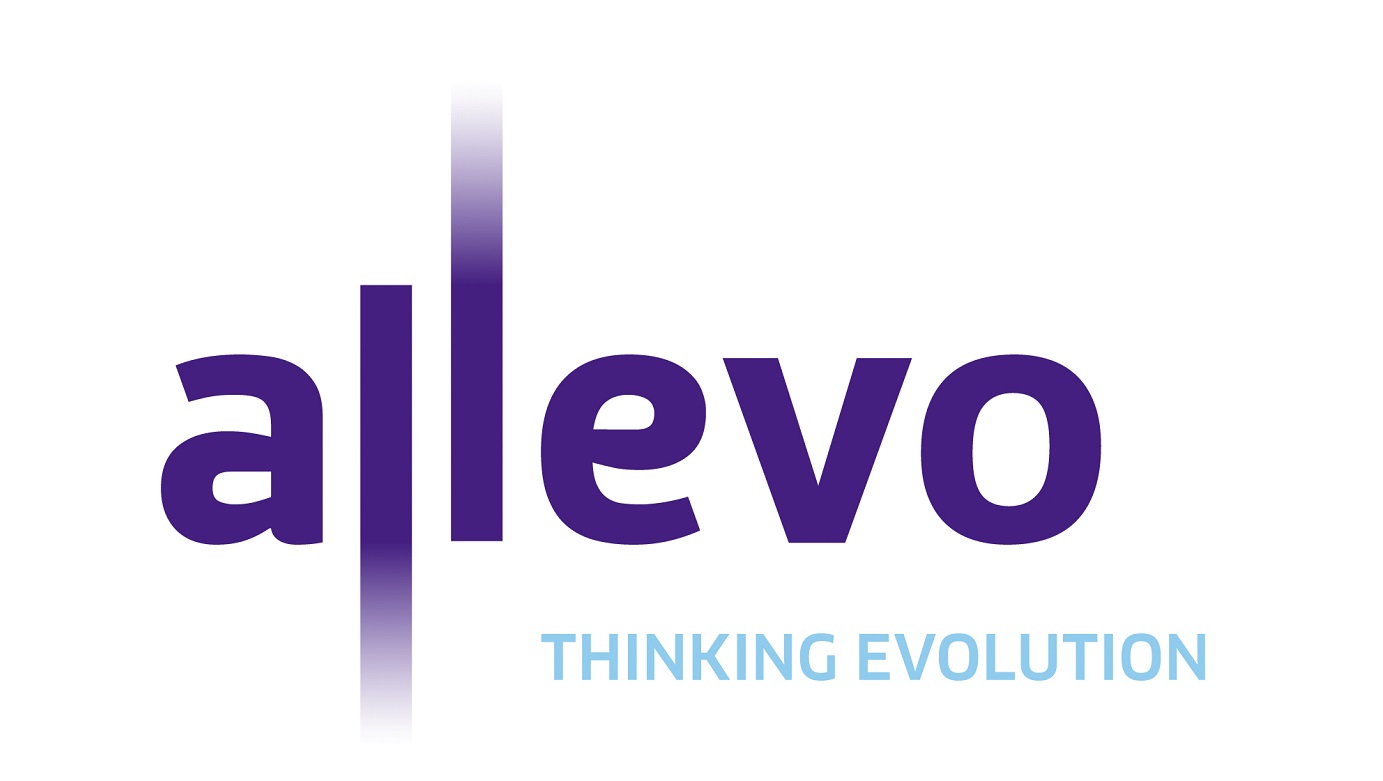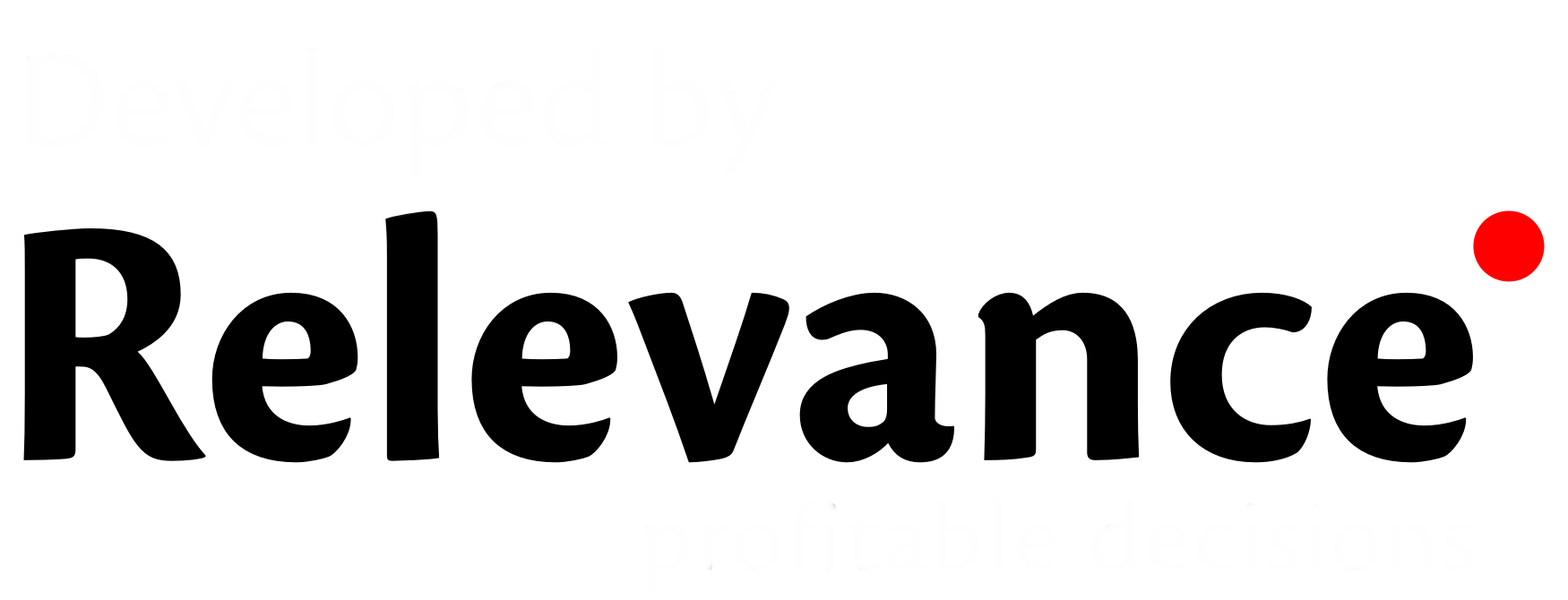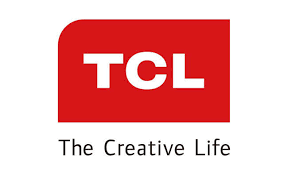 Mazars, the international audit and advisory firm, together with Board Agenda, and in association with INSEAD Corporate Governance Centre, published its new report, Leadership in AI 2021: boards, barriers, and new beginnings. In a recent material, we discussed about the level of adoption in various organisations, how the lack of understanding regarding this emerging technology means a significant risk for businesses, and also about how to improve customer experience.
Mazars, the international audit and advisory firm, together with Board Agenda, and in association with INSEAD Corporate Governance Centre, published its new report, Leadership in AI 2021: boards, barriers, and new beginnings. In a recent material, we discussed about the level of adoption in various organisations, how the lack of understanding regarding this emerging technology means a significant risk for businesses, and also about how to improve customer experience.
This time, we will focus on an important topic, that many people are wondering about – is job augmentation the future of AI? While this technology is prepared to transform endless industries all over the world, it has already started to cause a lot of distress from many people who will be working alongside machines.
Job augmentation, not replacement
While AI developments may be welcome, they are not necessarily straightforward. Theodoros Evgeniou, professor of technology management and decisions sciences, INSEAD, warns: „If they are to control their technology-driven destinies, organisations must develop new capabilities at all levels to enable data-driven decision making, AI-driven job augmentation (rather than replacement) and innovation, as well as new practices, processes, and organisational structures.”
The study confirms that in the midst of the COVID-19 pandemic, there has been a rise in AI adoption and innovation. If technology can beat a global pandemic – and restart the global economy – it surely deserves a seat on the board and among executive teams.
According to Gartner, by 2024, 50% of AI investments will be quantified and linked to specific key performance indicators to measure return on investment , so it is not unreasonable for boards to actually build ROI into any AI development plan.
Anish Venugopal, Head of Data & Automation, Mazars UK and Asam Malik, Partner and Head of Technology consulting & assurance, Mazars UK added: „Organisations could be prone to expensive errors unless boardrooms and management can increase their knowledge and understanding to ensure that any AI adoption has a clear return on investment and value to the on-going and future plans of the business. This is not an easy challenge for any organisation that wants to leap forward post-pandemic and build resilience and growth, meeting that challenge will determine their future.”
In Romania, AI represents an opportunity that will surely help the country’s economic development. While Romania doesn’t have an official plan for the use of this emerging technology, the implementation of it in the public sector has been included on the agenda of a newly-established institution – the Authority for the Digitalization of Romania.
„Considering the evolution of various technologies in recent years, it is almost inconceivable that organizations of all sizes to not use them and to estimate their impact on their business model as well as on their employees. The new technologies have proven, among other advantages, their efficiency in optimizing the processes, they have made it possible for the companies to manage more easily the difficulties generated by the social distancing due to the pandemic and will continue to represent an opportunity to add value to companies and their employees, as long as they are properly understood and accepted adequately by all levels within an organization.”, mentioned Răzvan Butucaru, Partner, Financial Services & Advisory Leader, Mazars Romania.
Rewriting the future of work through digitalization and AI
Lately, we have started to talk more and more with our clients about digitalization, automation, and AI. After one year of the COVID-19 pandemic, which has affected HR too, some conclusions can be drawn:
1. There is total confusion around what digitalization, automation, and AI mean. Too many people consider it as being the same.
2. Very few companies were running educational sessions around these three concepts to understand:
• What is each?
• What can be the impact on their business?
• What are the required capabilities and skills?
• What are the gaps?
• How to explore and cover the gaps?
3. Many companies are looking to continue their businesses as usual, without even being preoccupied to explore the threats or even opportunities that are coming from the use of technology at a large scale in the operating mode.
Nowadays, when fast-tracking has developed immensely, most of the companies on the market have no clarity regarding their digital future.
Recent studies from Romania, conducted by Unde Lucrăm, have shown that over the COVID-19 pandemic, digitalization was the third priority for 27% of the companies that they have analysed. This is a very improving percentage, compared to the previous period. On the other side, changing the focus of HR from processes to people is the eighth priority on their agenda. You cannot switch to digital having the same issues; you will need a process redesign to be able to become digital in a proper way and not moving the struggles from the physical space to online.
Also, it seems that AI is only the sixth priority for the HR community in a period when the market is changing its operating model. New digital businesses are opened every other day and are becoming unicorns in a short period.
„For the traditional business models, we believe that today is the starting point to redesign the organization for its future – new roles, new skills, new ways of working. Although an employer is collecting plenty of data due to legal requirements, the usage of it is limited to contractual processing. With so many available data, HR can easily support the business decisions running the job augmentation. This way, the budget and the learning strategy for the next year can be decided and companies can prepare, in real-time, the workforce to bring value at the right price for the consumers.”, mentioned Andreea Georgescu, Head of HR Consulting, Mazars Romania.
Younger generations demand more engaging work
Younger generations of digital-savvy employees are demanding more meaning at work and are less willing to perform manual, mundane tasks. Instead, they want to work on value-add activities where they can feel like they’re making a difference. Automation is a key part of facilitating this shift.
The newest generation, Gen Z or „Zoomers” – a recently assigned alias, are the generation that has grown up in a digital world. Defined by a research center as the most well-educated generation yet, they are staying on top of trends, are passionate about all formats of modern media, dedicated to sustainability, and committed to change the world, one project at a time.
„According to a study conducted by Dell Technologies , 80% of Gen-Z aspire to work with cutting-edge technology. When it comes to learning, 57% of the respondents think that their education has prepared them well for their future careers and 52% of them are confident that they have the tech skills employers want. We live in a world where we give our children a smart device that they can play with, just so that we can have time to prepare them their lunch. Although we always talk about how we can limit kids’ tech use, we have to understand that there also advantages for them, in the future. They learn faster, work better, and they are also finding solutions to problems that adults, in general, are not seeing.”, mentioned Andreea Georgescu, Head of HR Consulting, Mazars Romania.


































